How the sultans built the powerful Ottoman Empire
Inside All About History 118: Discover how the great sultans built a lasting dynasty that challenged the powers of medieval Europe.

Get the world’s most fascinating discoveries delivered straight to your inbox.
You are now subscribed
Your newsletter sign-up was successful
Want to add more newsletters?

Delivered Daily
Daily Newsletter
Sign up for the latest discoveries, groundbreaking research and fascinating breakthroughs that impact you and the wider world direct to your inbox.

Once a week
Life's Little Mysteries
Feed your curiosity with an exclusive mystery every week, solved with science and delivered direct to your inbox before it's seen anywhere else.

Once a week
How It Works
Sign up to our free science & technology newsletter for your weekly fix of fascinating articles, quick quizzes, amazing images, and more

Delivered daily
Space.com Newsletter
Breaking space news, the latest updates on rocket launches, skywatching events and more!

Once a month
Watch This Space
Sign up to our monthly entertainment newsletter to keep up with all our coverage of the latest sci-fi and space movies, tv shows, games and books.

Once a week
Night Sky This Week
Discover this week's must-see night sky events, moon phases, and stunning astrophotos. Sign up for our skywatching newsletter and explore the universe with us!
Join the club
Get full access to premium articles, exclusive features and a growing list of member rewards.
In All About History issue 118, on sale now, you can uncover the origins of the Ottoman Empire, from its first leader, Osman, through to the ascension of one of its greatest leaders, Suleiman the Magnificent.
Examining the earliest expansion of the Ottoman sultans from what is now Turkey down to Egypt and up into Eastern Europe, All About History chronicles the expansion, innovation and motivation of the early decades of this history-making empire.
Jem Duducu, author of "The Sultans" (Amberley Publishing, 2020), brings the incredible stories to life with his expert insight, plus Wolfson History Prize nominee Marc David Baer, author of "The Ottomans" (Basic Books, 2021) offers his insight into Suleiman.
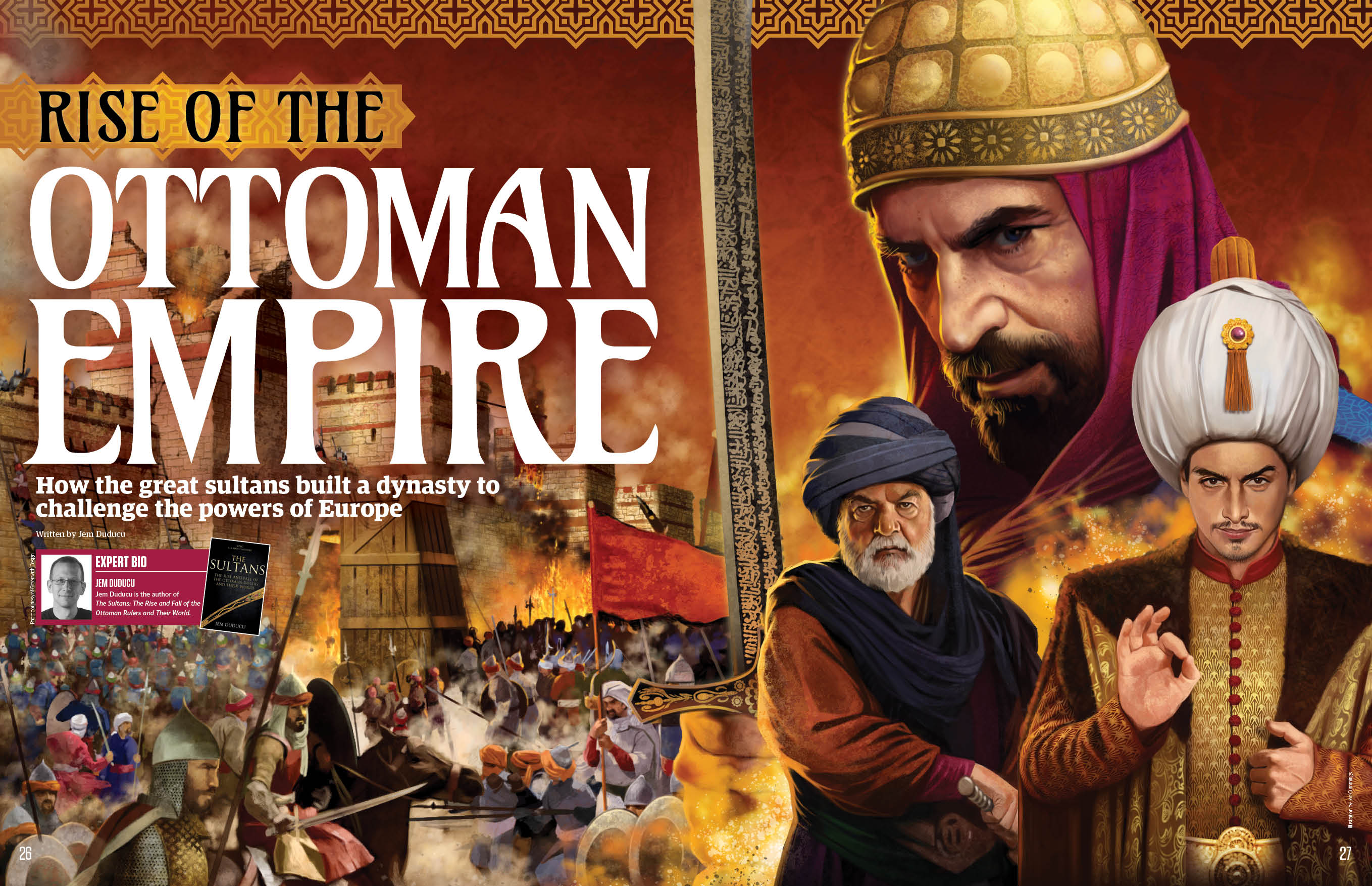
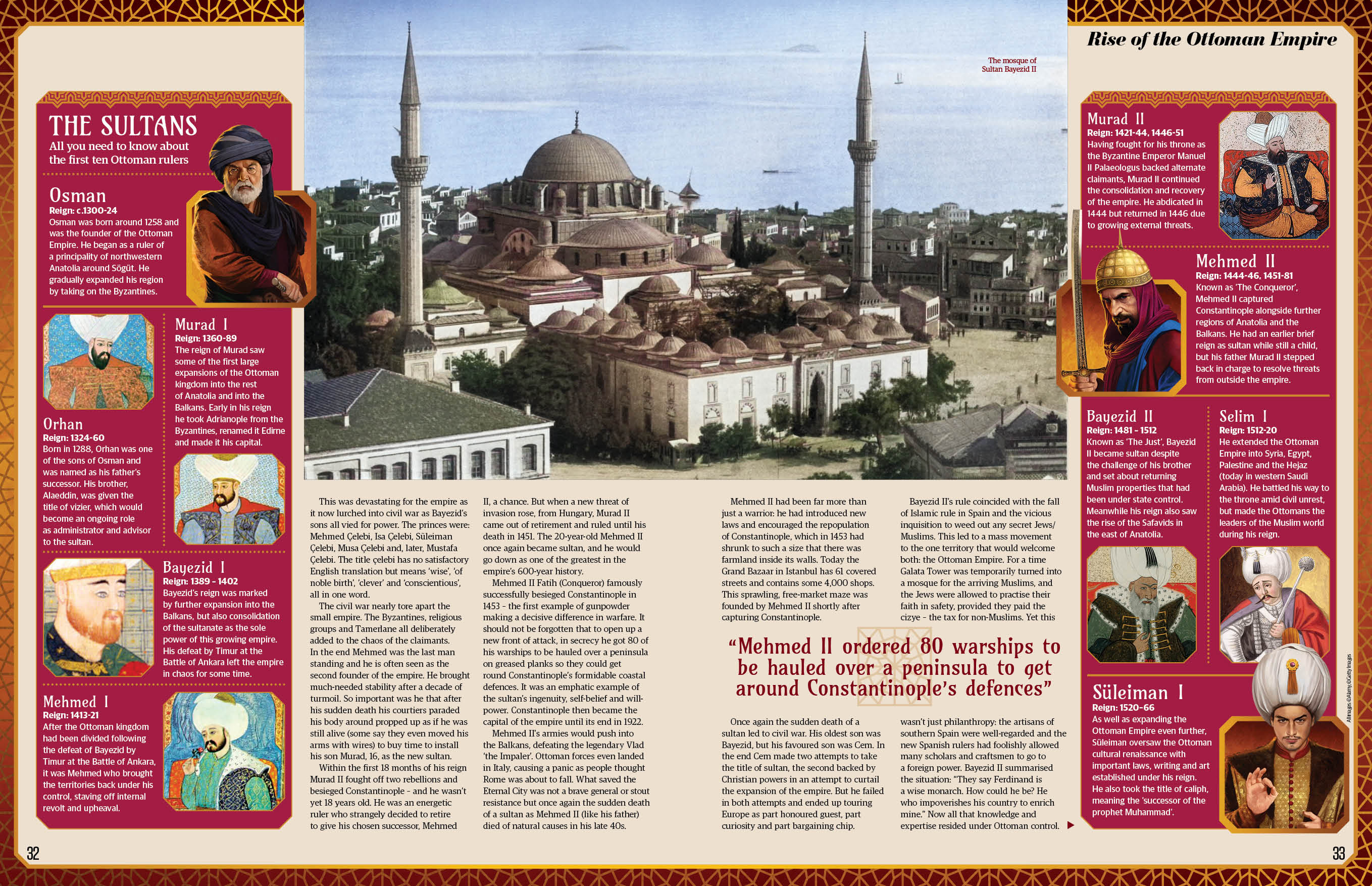

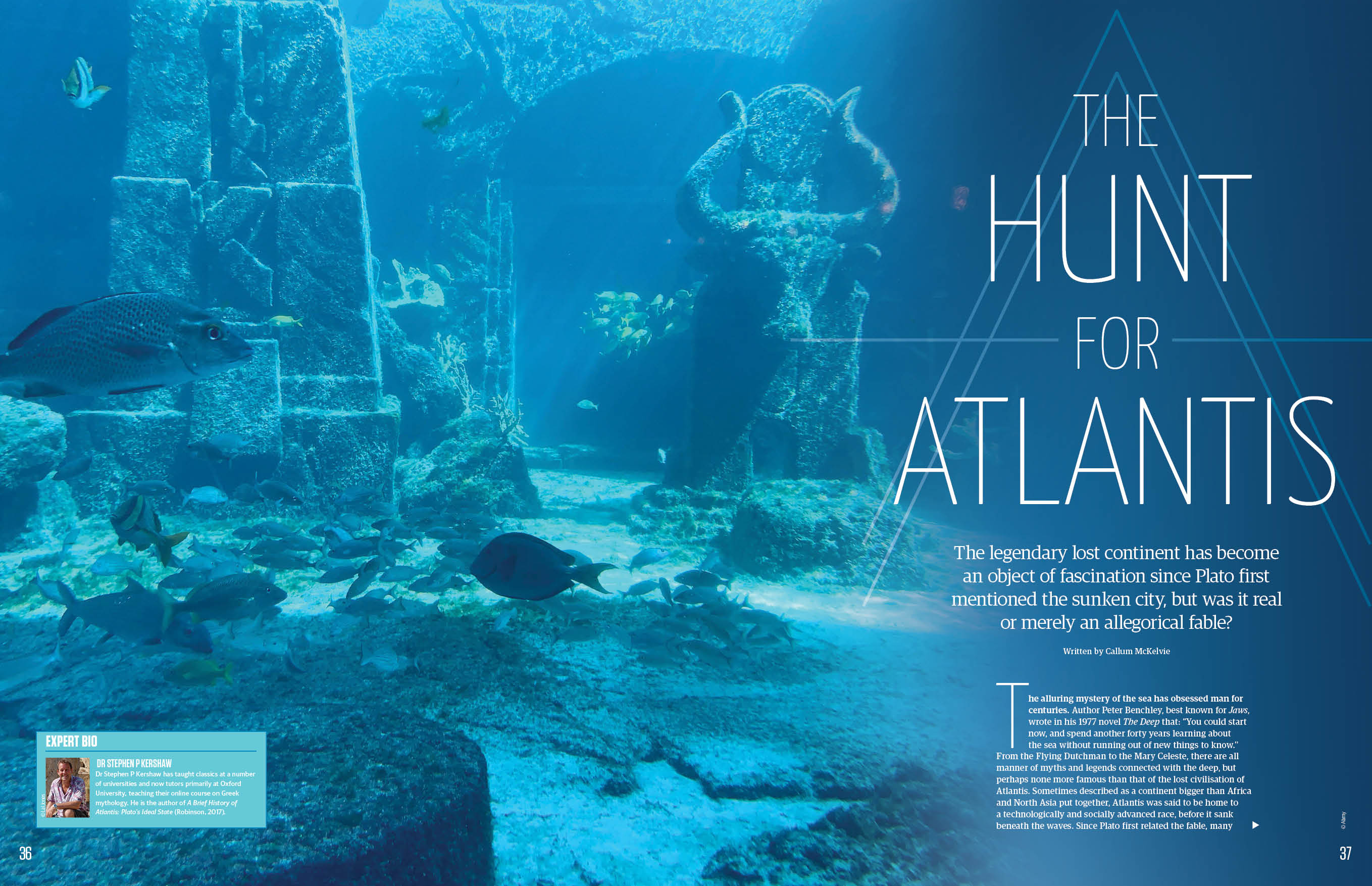

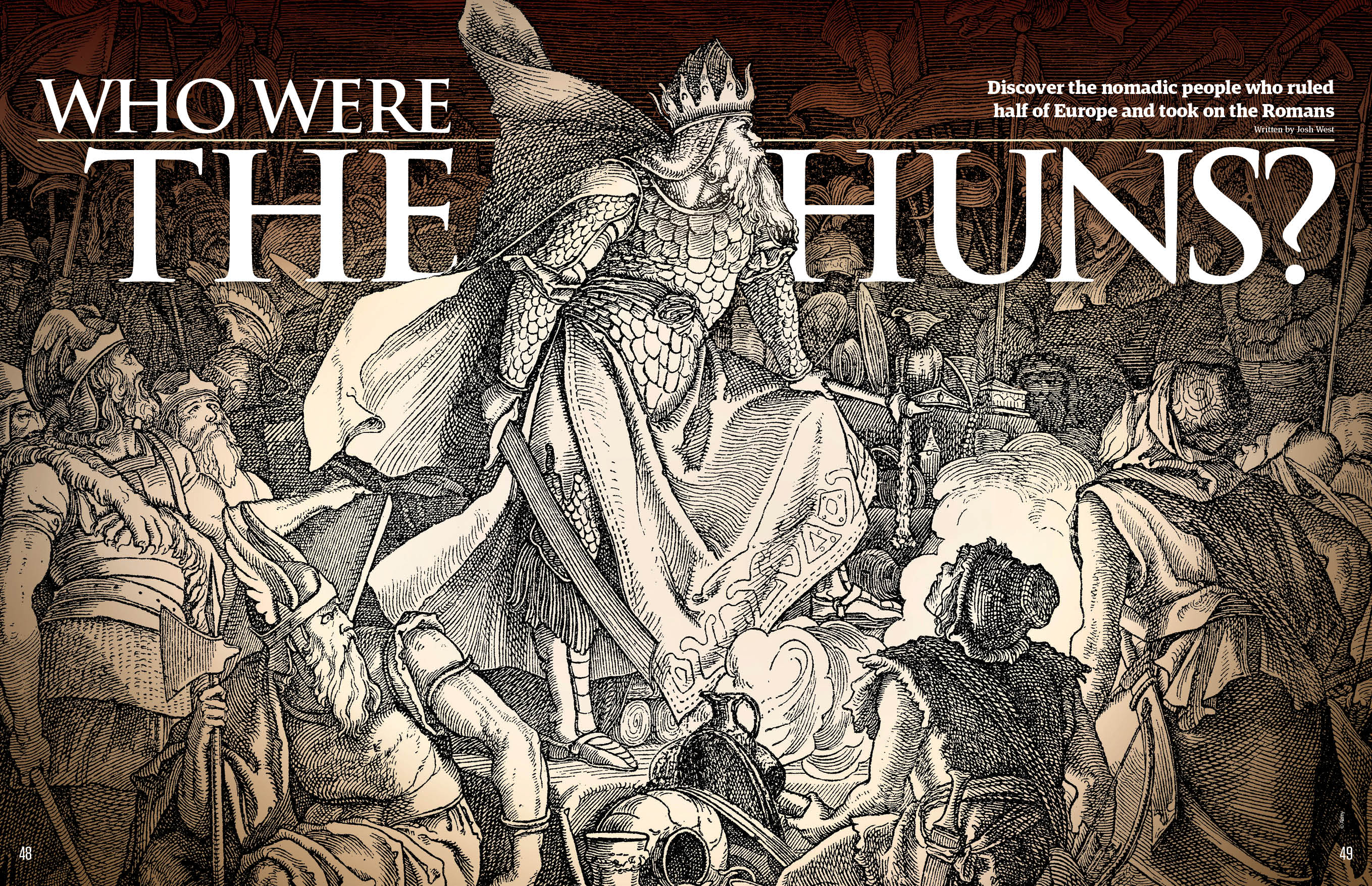
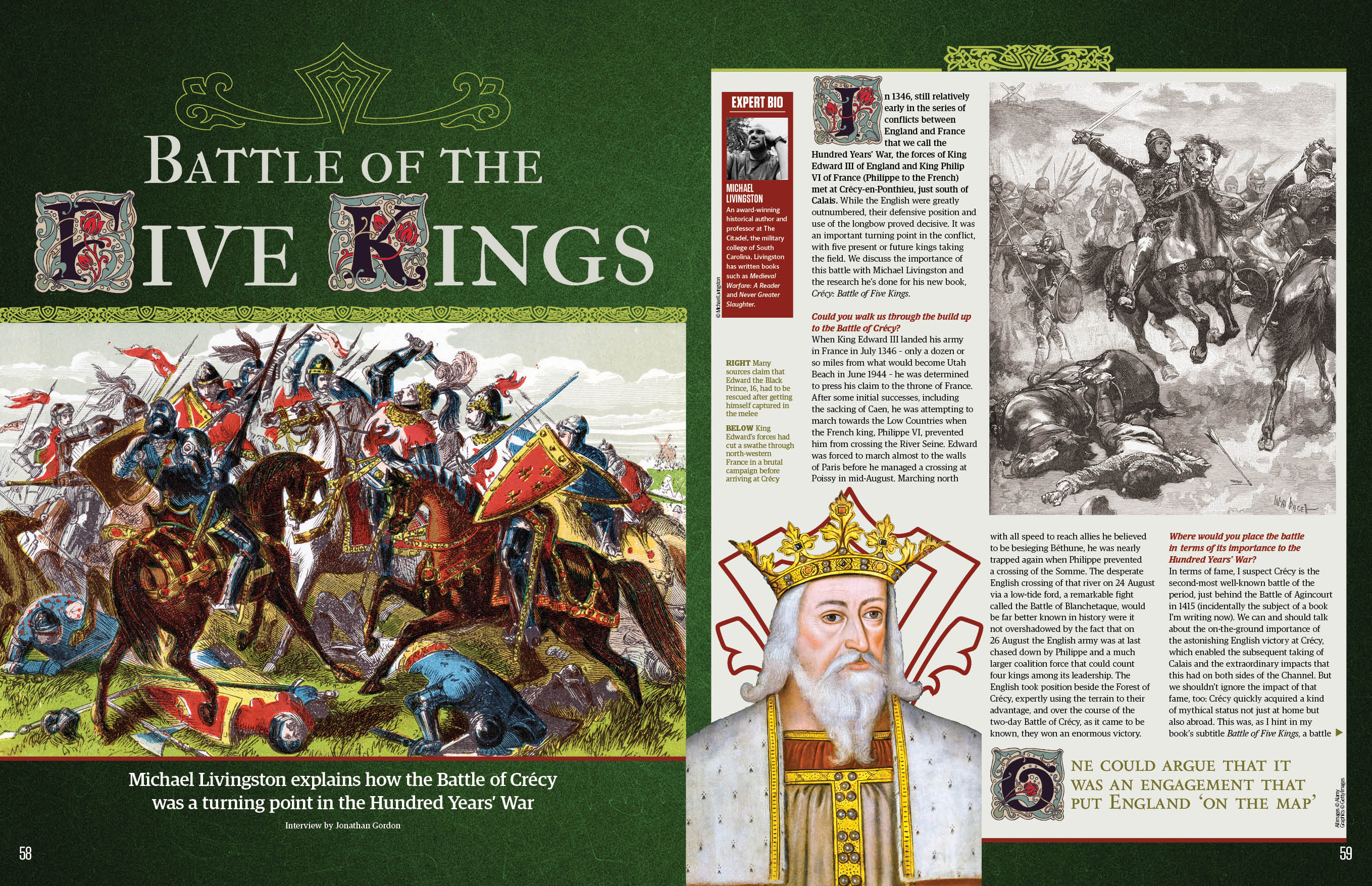
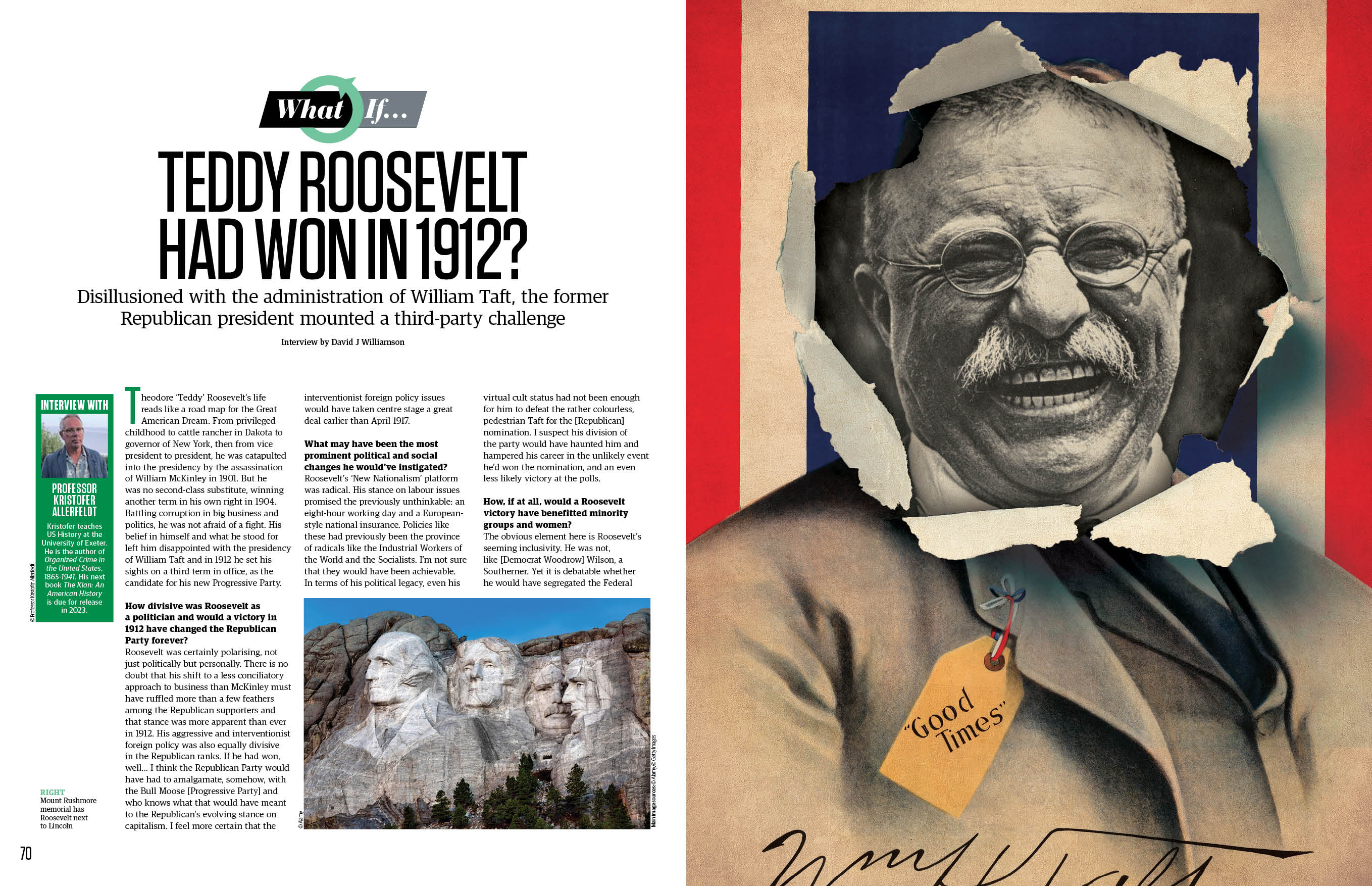
Also in All About History 118, you can find out about the history of Punk music, from the Ramones to the Sex Pistols, and you can read about the mythical city of Atlantis and why it has obsessed historians for centuries.
Related: Read a free issues of All About History
Plus there's an in-depth look at the Wars of the Roses, the history of the Huns and All About History ponders what would have happened if Teddy Roosevelt had won the 1912 presidential election as a third-party candidate?
Rise of the Ottoman Empire
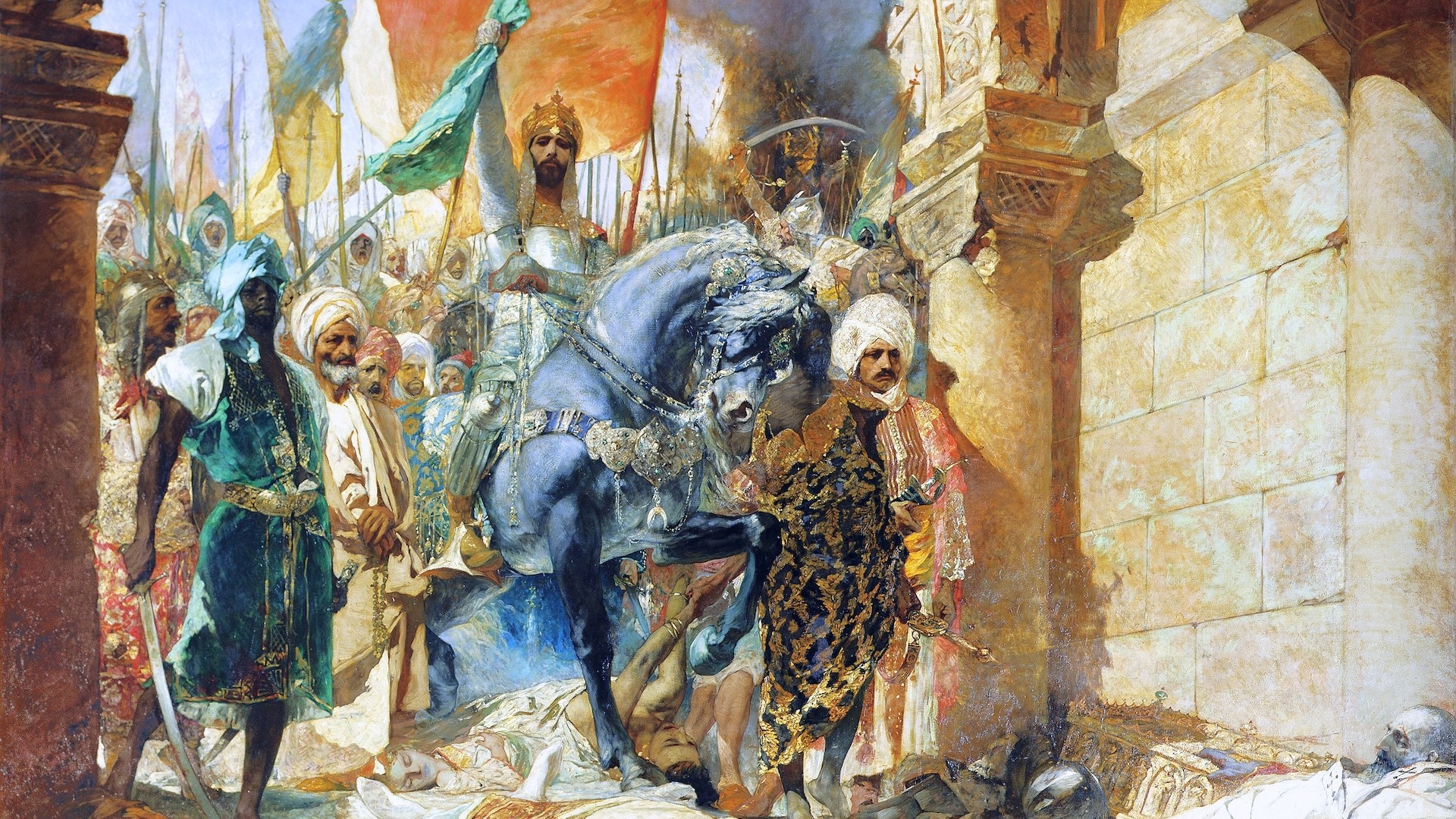
The 1290s were a time of chaos in the Middle East, where there were two rival empires vying for power. To the south, with their capital in Cairo, were the Mamelukes, and to the north and east, the Mongol Empire. The decade saw the collapse of the Crusader states and the Byzantine Empire, which once again rose from the ashes of the Fourth Crusade, was a pale imitation of its glorious past.
Get the world’s most fascinating discoveries delivered straight to your inbox.
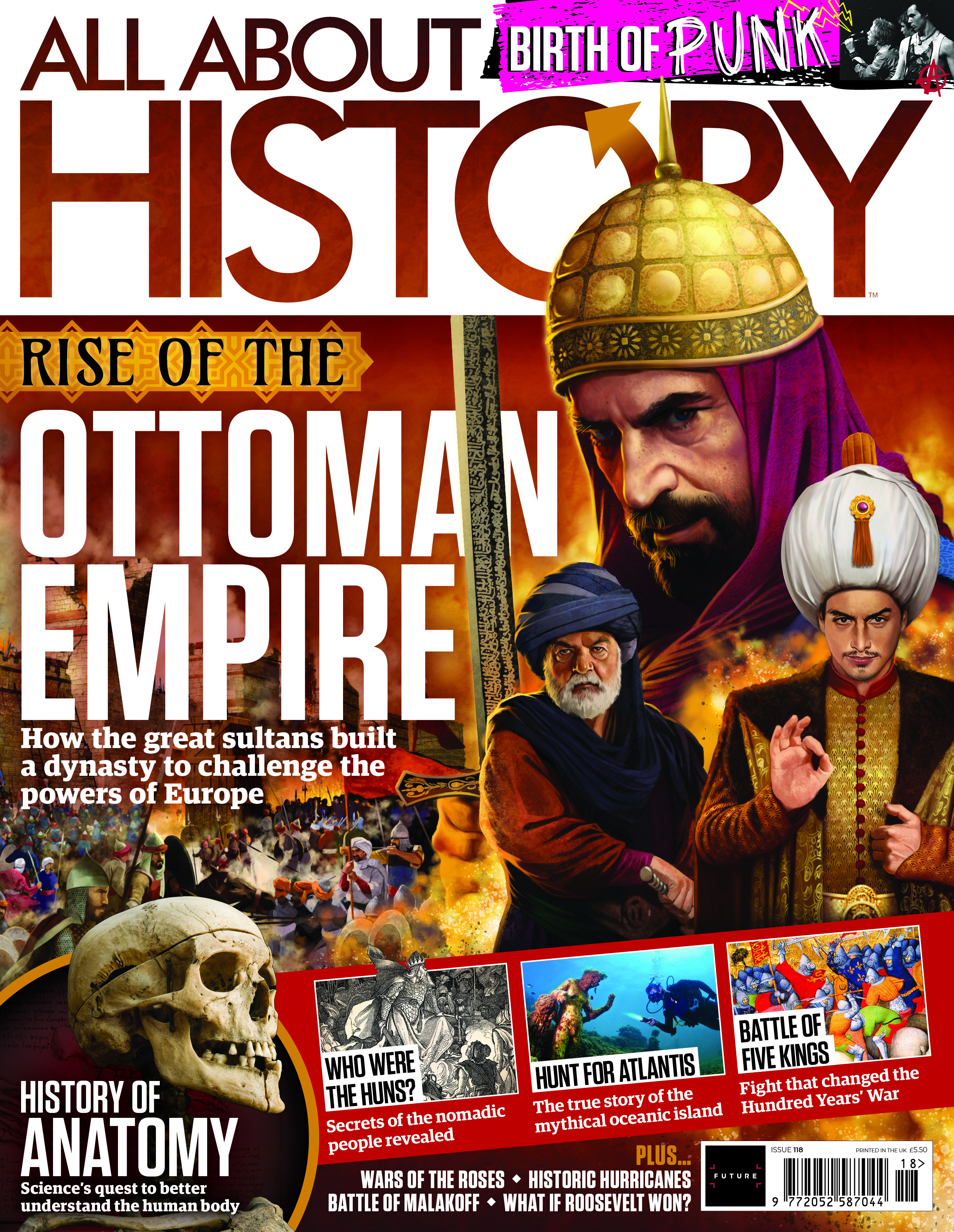
Subscribe to All About History today and save up to 35% on the cover price each issue. Now is the best time to guarantee yourself a copy of All About History every month.
What has any of this got to do with the Ottoman Empire? Enter Osman, a Seljuk Turk, the man who is seen as the founder of the empire (His name is sometimes spelt Ottman or Othman, hence the term 'Ottoman'). The Seljuks had arrived from the Asiatic steppes to the east but had been in Anatolia for generations. Had Osman tried to establish his powerbase 50 years earlier or later, the political landscape would likely have been quite stable, so any attempt at building his own independent realm would have been quickly extinguished. More than anything else Osman was the right man, in the right place, at the right time.
Read more in All About History 118
History of Punk

It's dark, dingy and sweaty. Singers vomit across the stage; bottles smash and blind audience members; household names are cursed at and mocked on live television; there's swastikas, drugs and murder-suicide – how did it all come to this?
In the mid-1970s, after years of discontent, long-simmering anger finally exploded into full-blown rage. Flower power had wilted and the anti-establishment, counter-culture movements of the 1960s had crystallised into something harder, more jagged. Yet it is difficult to pinpoint quite where the punk movement first began. After all, often inaccurately characterised as simple rock 'n' roll performed by bands with elementary musical ability, punk transcended mere music. It was an attitude.
Musician and author of "Punk Rock: An Oral History", John Robb, explains: "There is no doubt that rebel songs have always been with us, from crazed loons singing anti-imperial songs in Roman times to wild-eyed medieval minstrels enlightening the market place with their toothless anti-authoritarian rants. It's always been with us, that wild spirit, that outsider cry. It's only recently it's been with electricity – and louder and wilder."
Learn more about the story of Punk in All About History 118
The hunt for Atlantis
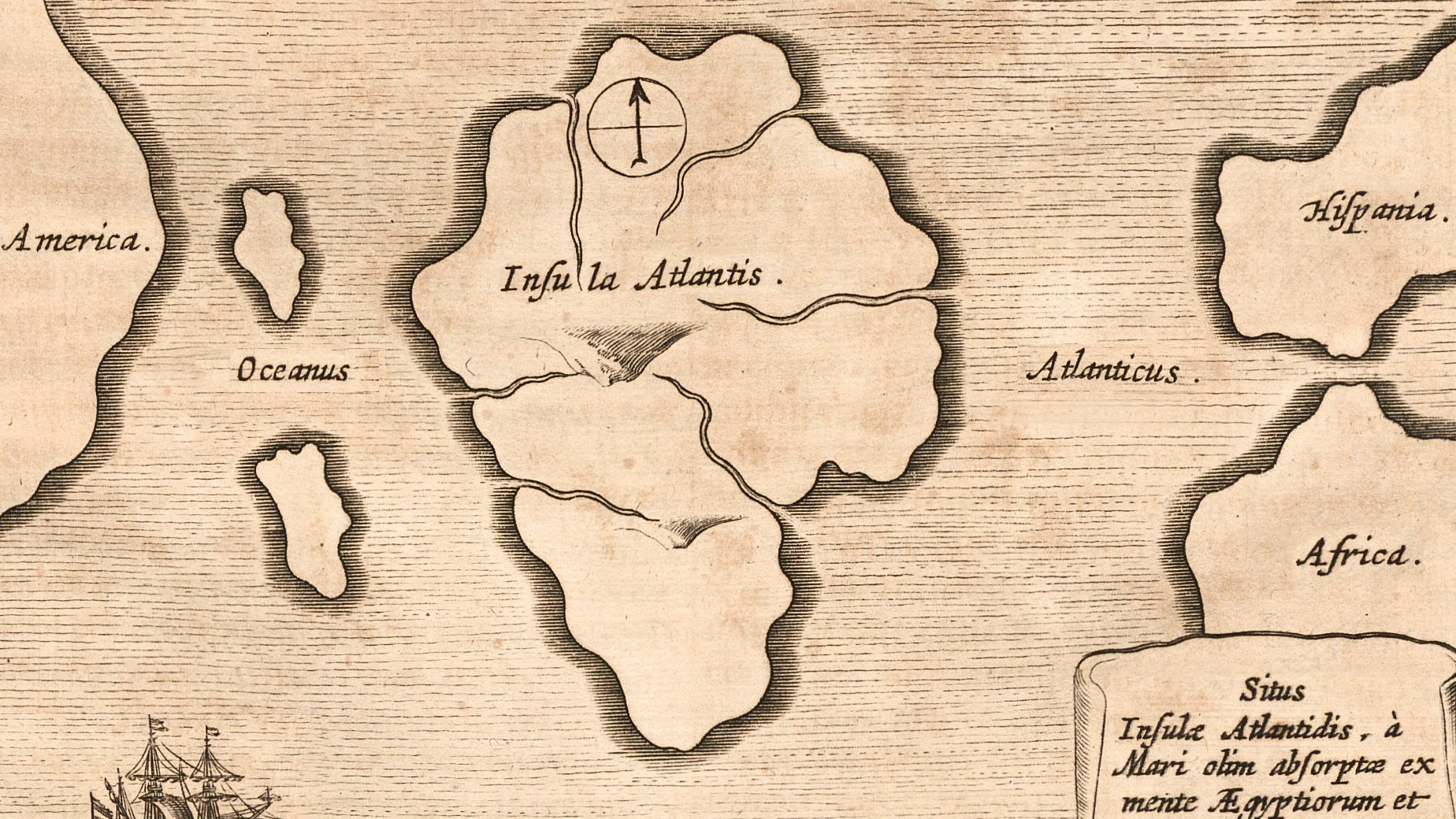
The alluring mystery of the sea has obsessed man for centuries. Author Peter Benchley, best known for "Jaws", wrote in his 1977 novel "The Deep" that: "You could start now, and spend another 40 years learning about the sea without running out of new things to know." From the Flying Dutchman to the Mary Celeste, there are all manner of myths and legends connected with the deep, but perhaps none more famous than that of the lost civilisation of Atlantis. Sometimes described as a continent bigger than Africa and North Asia put together, Atlantis was said to be home to a technologically and socially advanced race, before it sank beneath the waves.
Since Plato first related the fable, many have searched for the lost continent and numerous sites have been suggested as possible locations. "Pick a spot on the map, and someone has said that Atlantis was there," anthropologist Charles Orser told "National Geographic". But as the ancient myth of Atlantis continues to grow and expand, the question emerges of why has no one ever found the lost civilisation? Is there any evidence to suggest it existed in the first place? From Ancient Greek philosophers to 20th century Greek archaeologists, 15th century Jesuit scholars to 19th century US Congressmen, the story of Atlantis unveils a complex world of undersea excavations and fantastic fables.
Read more about the story of Atlantis in All About History 118.

Jonathan is the Editor of All About History magazine, running the day to day operations of the brand. He has a Bachelor's degree in History from the University of Leeds. He has previously worked as Editor of video game magazines games™ and X-ONE and tech magazines iCreate and Apps. He is currently based in Bournemouth, UK.
 Live Science Plus
Live Science Plus










